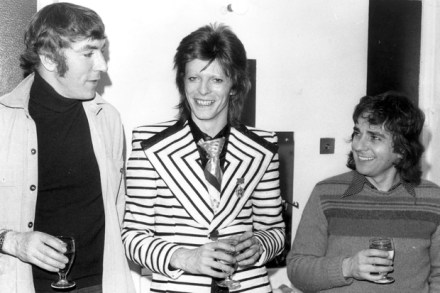One Leg Too Few may be one biography too many
It’s no joke, writing about comedians. Their work is funny, their lives are not. Rightly honouring the former while accurately relaying the disasters of the latter is a challenge few writers can well meet. Peter Cook and Dudley Moore have been extensively studied before. Harry Thompson published his excellent biography of Cook in 1997, Barbara Paskin her authorised biography of Moore the same year; Alexander Games’s joint biography Pete & Dud followed in 1999. There have been memoirs of Peter Cook by his first and second wives, Wendy and Judy, and his third wife, Lin, has edited Something Like Fire: Peter Cook Remembered. What’s to add? William Cook (no relation)




















